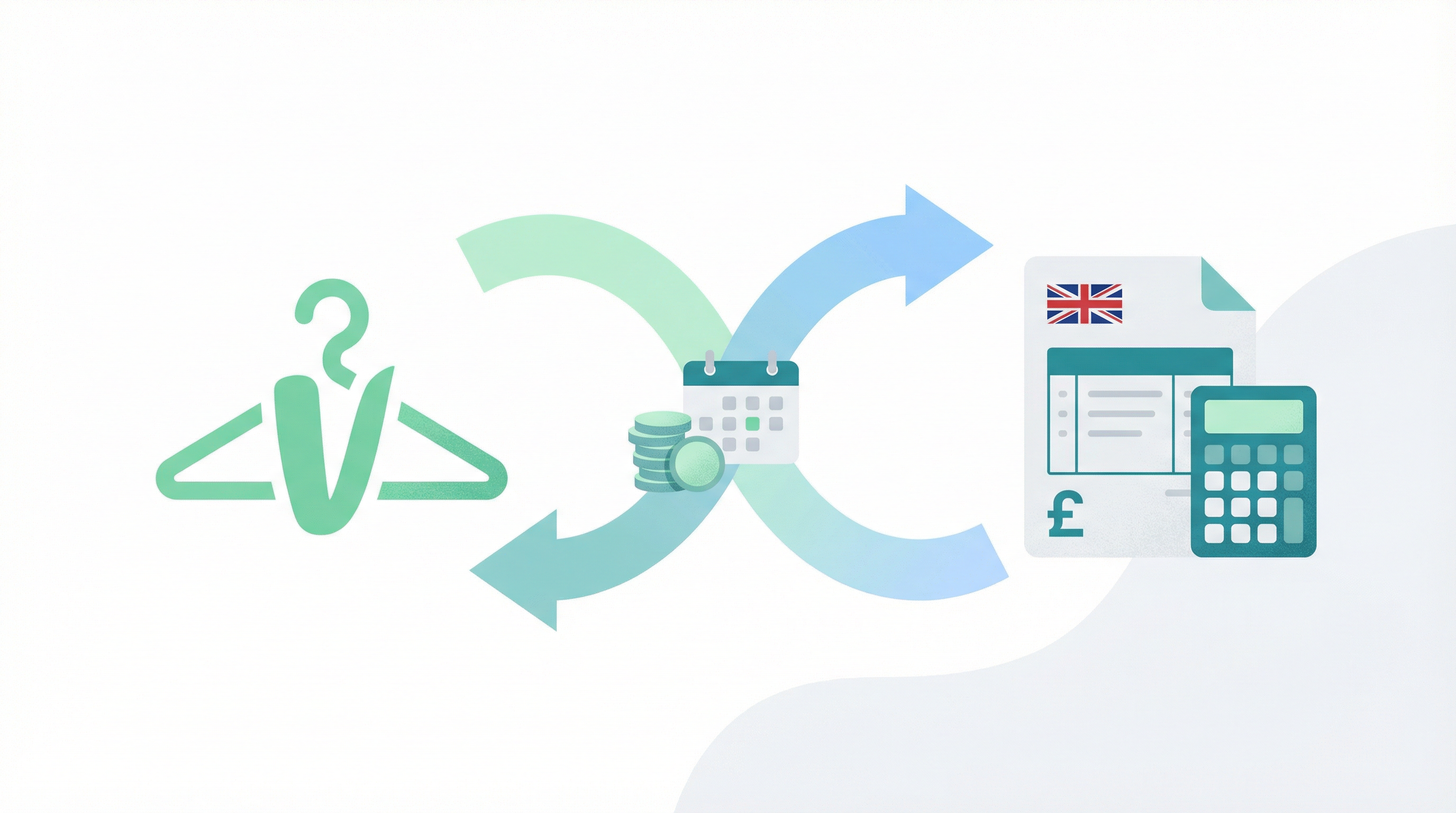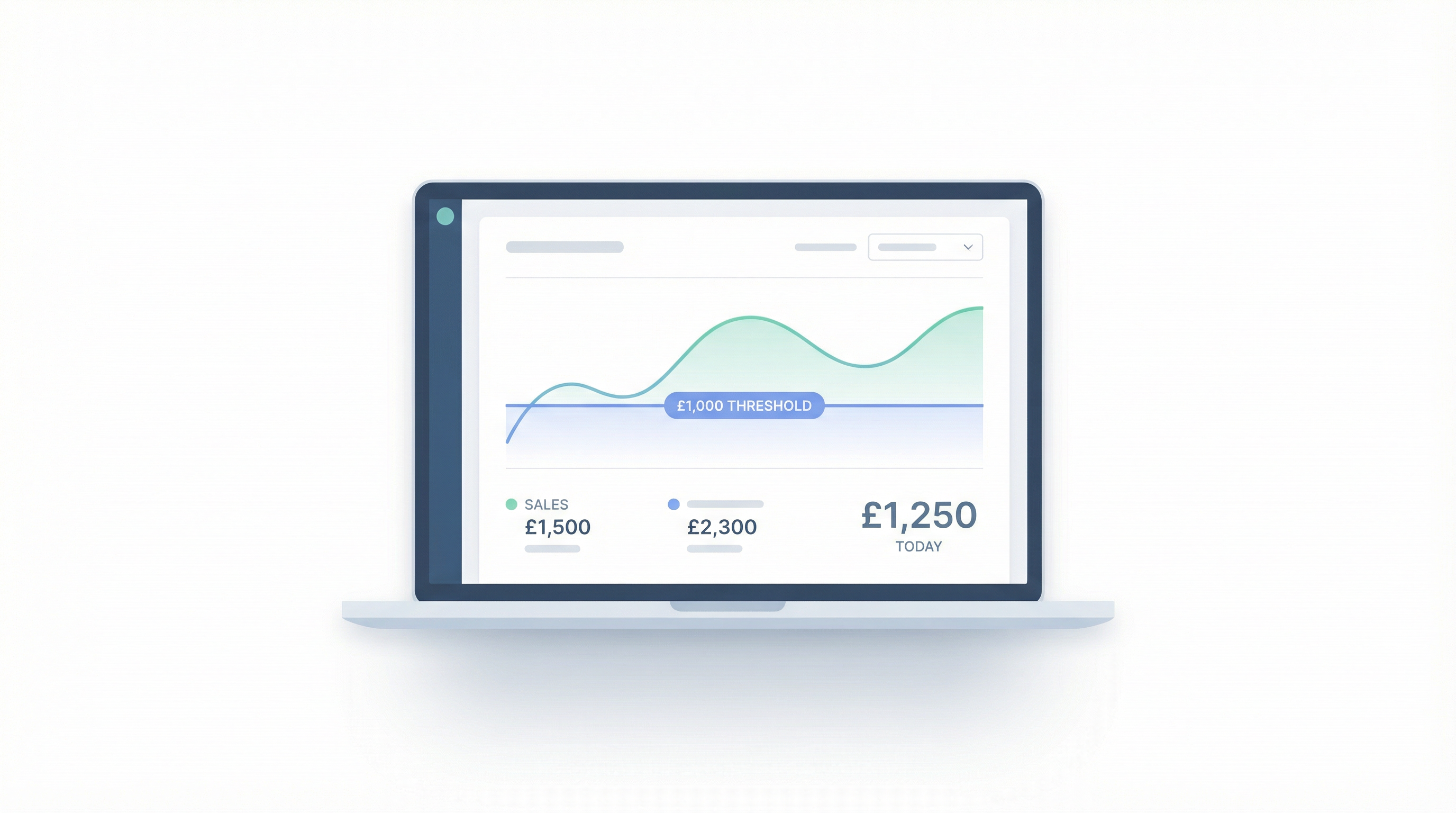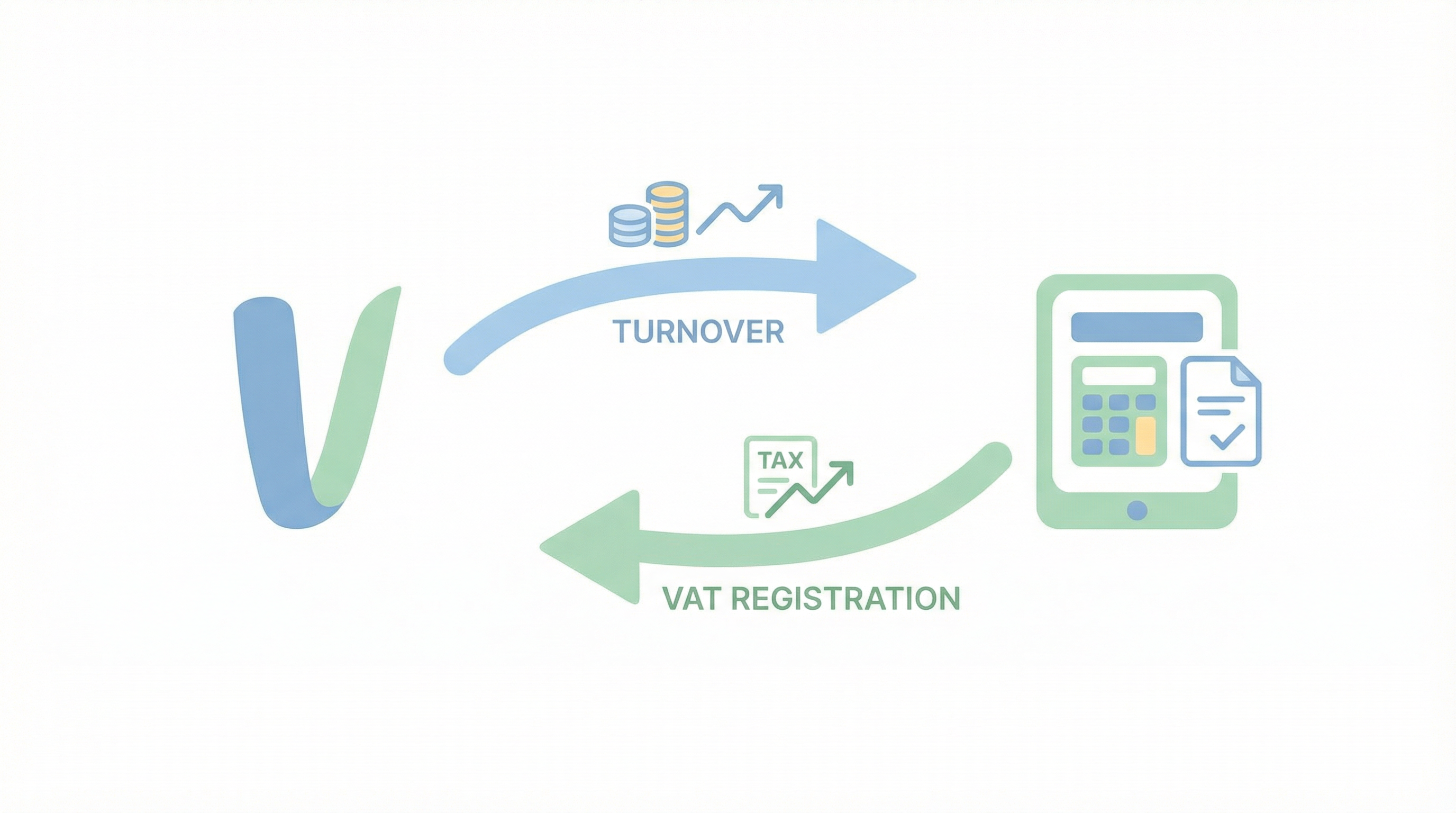Vinted Selling: Hobby or Business for UK Tax Purposes?
Legal Notice: Vinta.app is independent and not affiliated with Vinted; Vinted has not reviewed or approved this content; this material is for information only and does not constitute legal, tax, or accounting advice.
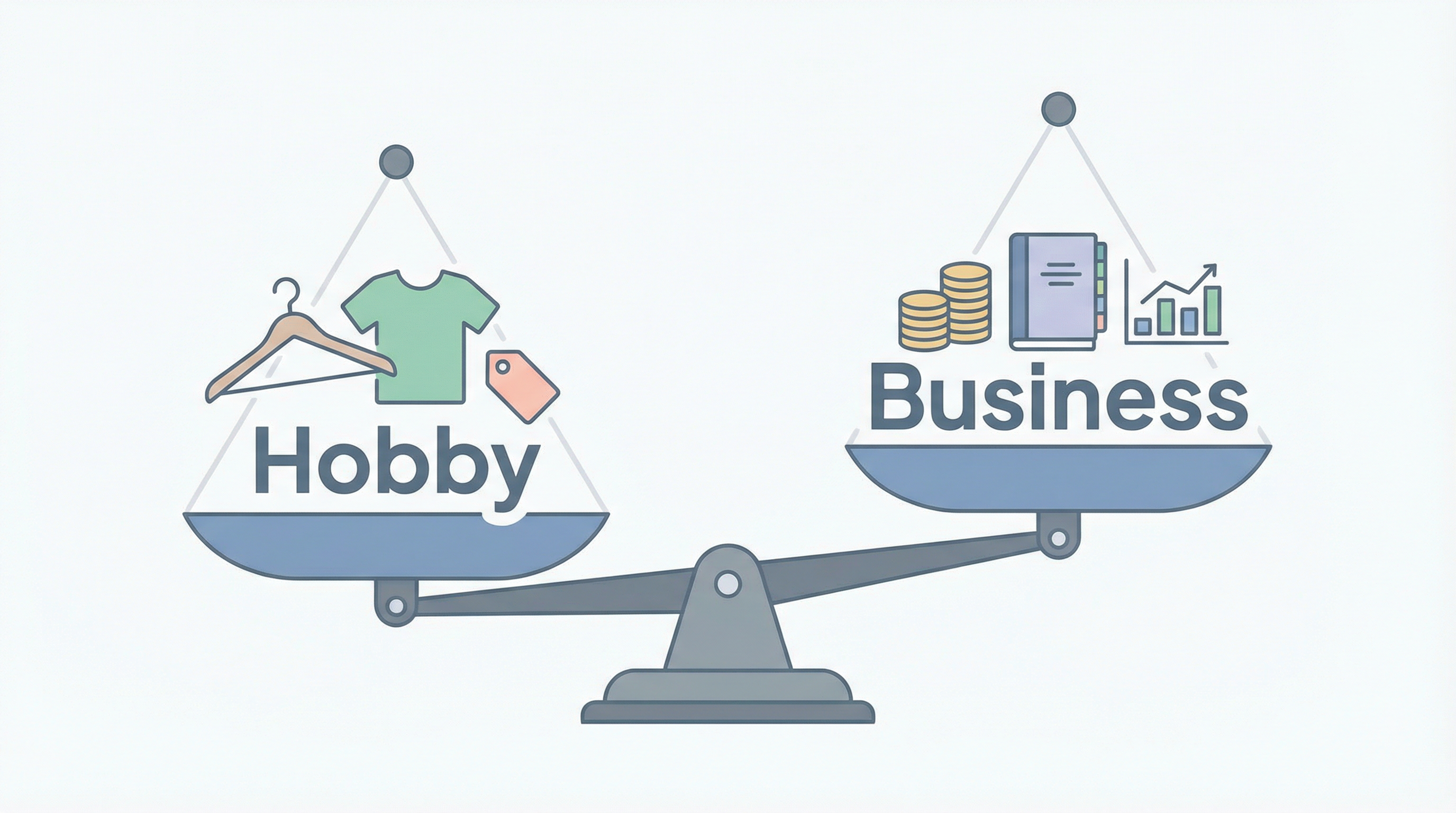
Vinted Selling: Hobby or Business for UK Tax Purposes?
Many people use Vinted to clear out their wardrobes or sell items they no longer need. But for others, Vinted is a platform for more regular selling, perhaps even a growing side hustle. A common question arises: when does your Vinted selling activity cross the line from a casual hobby into a business in the eyes of HM Revenue & Customs (HMRC)?
Understanding this distinction is crucial because it directly impacts your UK tax obligations. This guide will help you identify the key factors that determine if your Vinted selling is considered a business.
The Core Difference: Casual Selling vs. Trading as a Business
At its simplest:
- Casual Selling/Decluttering (Usually a Hobby): If you're primarily selling your own personal items that you bought for your own use and no longer want, this is generally not considered a business. Think of it as a digital spring clean. Your main aim is likely to free up space or recoup a little of what you originally paid, not to systematically make a profit.
- Trading as a Business: This involves more structured, regular activity with the intention of making a profit.
Occasional sellers who are simply decluttering are not usually considered businesses by HMRC.
Key Indicators: When Does Your Vinted Selling Look Like a Business?
HMRC doesn't have a single, definitive rule that says, "If you do X, you are a business." Instead, they look at a range of factors, often referred to as "badges of trade," to build an overall picture. Here are some key indicators that your Vinted selling might be viewed as a business:
-
Intention to Make a Profit: This is a fundamental point. Are you actively trying to make money from your Vinted sales, beyond just getting back some of what you paid for your own used items? If profit is a key motivator, it points towards a business.
-
Buying Items Specifically to Resell: If you source items (from charity shops, wholesalers, online auctions, other individuals) with the primary purpose of selling them on Vinted for a profit, this is a very strong indicator that you are trading.
-
Frequency and Regularity of Sales:
- Are you selling items consistently throughout the year?
- Do you list new items regularly?
- Is there a high volume of transactions? A pattern of frequent and regular sales suggests a business activity rather than an occasional clear-out.
-
The Way You Conduct Your Activity:
- Do you operate in a "business-like" manner? For example, do you have a system for sourcing stock, managing inventory, pricing strategically, and handling shipping efficiently?
- While not definitive on its own, using a separate bank account for your Vinted transactions can also be a business-like characteristic.
-
Nature of the Goods Sold:
- Are you selling new items, or items in multiple sizes/variations like a retailer?
- Do you specialize in a particular type of item (e.g., vintage clothing, specific brands), suggesting expertise and a targeted market?
No single factor is usually conclusive on its own. HMRC will look at the overall picture created by your activities.
What if Your Vinted Activity IS a Business? Tax Implications:
If, based on the indicators above, your Vinted selling is considered a business, you'll have certain responsibilities to HMRC:
- Register as Self-Employed: You'll need to register with HMRC as a sole trader (this is the most common structure for small Vinted businesses).
- Keep Accurate Records: Maintaining detailed records of all your sales income and any allowable business expenses (like the cost of items bought for resale, Vinted fees, postage, packaging) is essential.
- File a Self Assessment Tax Return: You must complete and file a tax return online each year, declaring your business income and expenses.
- Pay Income Tax: You'll pay Income Tax on your business profits (your income minus allowable business expenses) that exceed your annual tax-free Personal Allowance.
- Pay National Insurance: You will likely also need to pay Class 2 and Class 4 National Insurance contributions on your profits.
What if It's Just a Hobby or Decluttering?
If your Vinted activity is genuinely just selling off your own unwanted personal items without the intention of trading for profit, you generally do not need to register as self-employed or pay Income Tax on these sales.
The £1,000 trading allowance can also provide relief for small amounts of actual trading income. However, if you're not considered to be trading in the first place, this allowance may not even be the primary reason your decluttering sales are non-taxable.
Vinta.app: Clarity for Your Vinted Sales
Whether you're unsure if you're borderline trading, or you know you're running a Vinted business, Vinta.app can provide valuable support:
- Track Your Sales Volume and Value: By easily monitoring all your Vinted sales income through Vinta.app, you can get a clearer picture of the scale of your activity. This data can help you assess whether you might be viewed as trading.
- Essential for Business Record-Keeping: If you determine you are indeed running a business, Vinta.app provides a crucial record of your sales income, which is fundamental for your bookkeeping and for completing your Self Assessment tax return accurately.
- Monitor Against Thresholds: Keep an eye on your gross income to see if you're approaching or exceeding the £1,000 trading allowance, which is particularly relevant if your activity is considered trading.
Conclusion: Honesty and Awareness are Key
Determining whether your Vinted selling is a hobby or a business comes down to an honest assessment of your activities against the typical indicators HMRC considers. It's about the overall impression you give.
If you are simply decluttering your own belongings, you likely have nothing to worry about from an Income Tax perspective. However, if you are buying to resell, aiming for profit, and selling regularly, it's crucial to understand your obligations as a business.
Disclaimer: This article provides general information and is not a substitute for professional tax advice. If you are unsure about your specific situation and whether your Vinted activities constitute a business for tax purposes, it is always best to consult with a qualified accountant or tax advisor, or seek guidance directly from HMRC.
Gain clarity on your Vinted sales activity with Vinta.app.
➡️ Sign up for Vinta.app today to easily track your sales and stay organised!
Tags
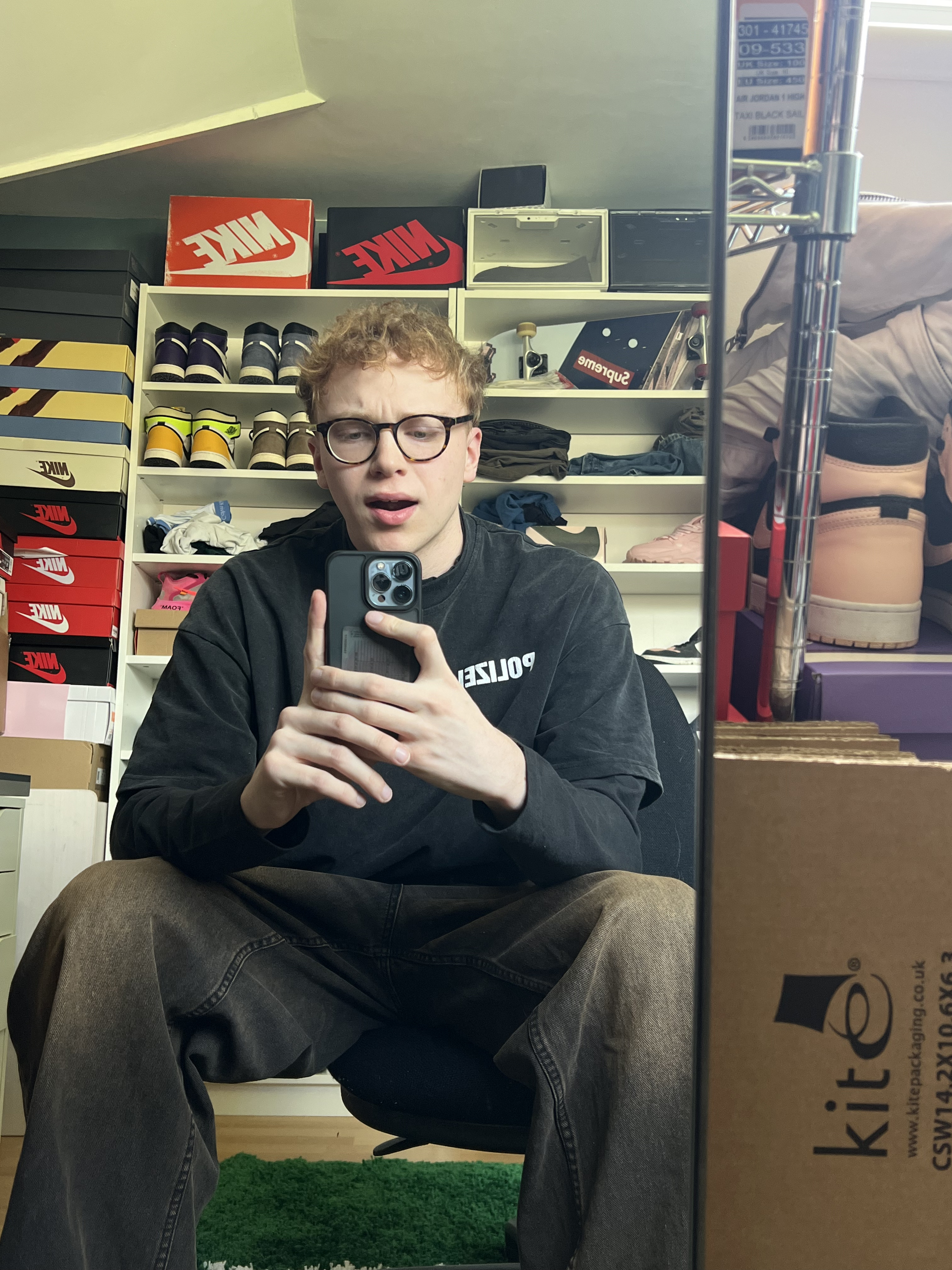
George Jefferson
Vinted Pro Seller and founder of Vinta.app, sharing expert insights on professional Vinted selling, tax compliance, and scaling your online business.
